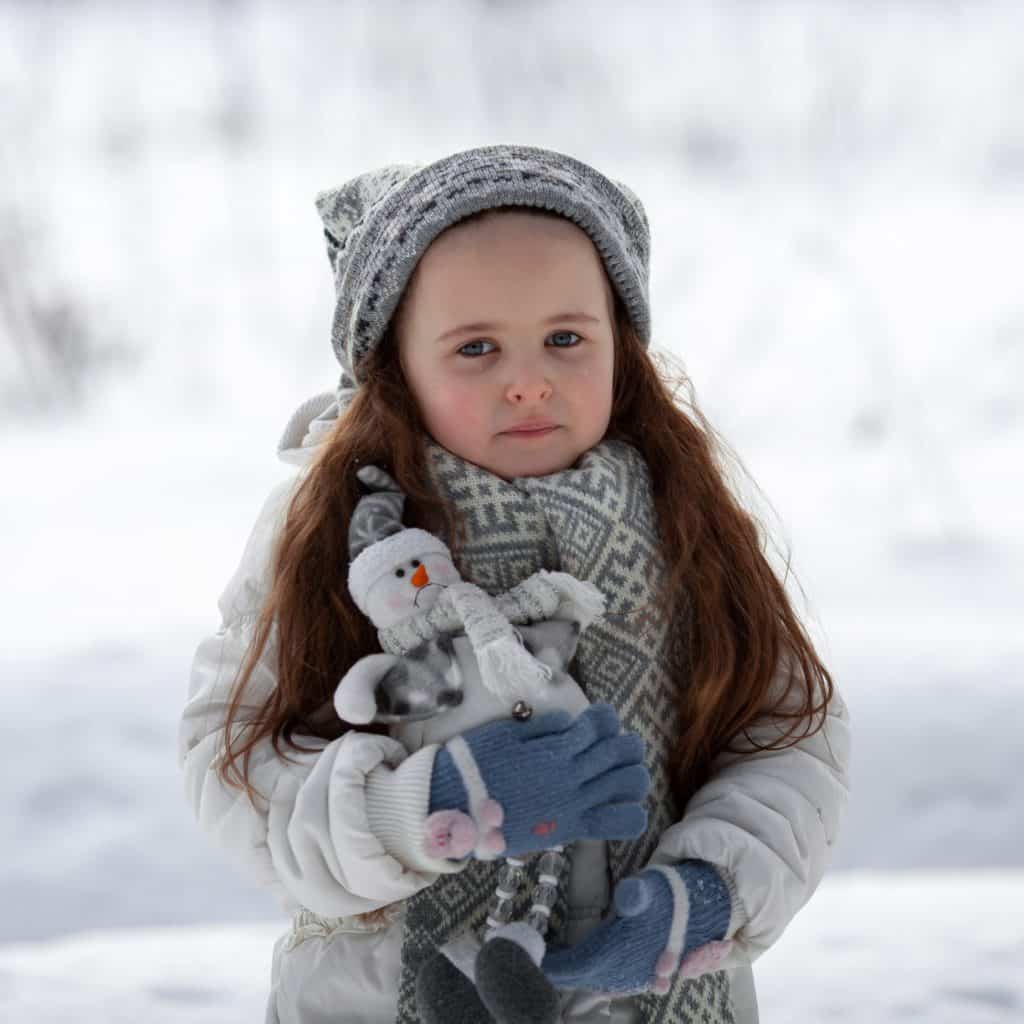Although adults often say things like, “He was so young when that happened; he won’t even remember it as an adult,” childhood trauma can have a lifelong effect. And while kids are resilient, they’re not made of stone.
There is no guarantee your child will be emotionally scarred for life if they endure a horrific experience. But it’s important to recognize when your child may need professional help with dealing with trauma. Early intervention may even prevent your child from experiencing the ongoing effects of the trauma as an adult.
What Is Childhood Trauma?
Many different experiences can constitute trauma. Childhood trauma is an event experienced by a child that threatens their life or bodily integrity. Physical or sexual abuse, for example, can be traumatic for children. One-time events like a car accident, natural disaster (like a hurricane), or medical trauma can take a psychological toll on children as well.
Ongoing stress, such as living in a dangerous neighborhood or being the victim of bullying, can be traumatic, even if it just feels like daily life to an adult.
Childhood trauma also doesn’t have to occur directly to the child. For instance, watching a loved one suffer can be highly traumatic, too. Exposure to violent media can also traumatize children.3
Just because an experience is upsetting does not make it traumatic. Parental divorce, for example, will likely affect a child, but it is not necessarily traumatizing.
Childhood Trauma and PTSD
Many children are exposed to traumatic events at one point or another. While most of them experience distress following a traumatic event, the vast majority of them return to a normal state of functioning in a relatively short period. Some kids are much less affected by their circumstances than others.
Between 3% and 15% of girls and 1% to 6% of boys—develop post-traumatic stress disorder (PTSD) following a traumatic event.
Children with PTSD may re-experience the trauma in their minds repeatedly. They may also avoid anything that reminds them of the trauma, or they may re-enact their trauma in their play.
Sometimes children believe they missed warning signs predicting the traumatic event. To prevent future traumas, they become hyper-vigilant in looking for warning signs that something bad is going to happen again.
Children with PTSD may also have problems with:
- Anger and aggression
- Anxiety
- Depression
- Difficulty trusting others
- Fear
- Feelings of isolation
- Poor self-esteem
- Self-destructive behavior
Even children who don’t develop PTSD may still exhibit emotional and behavioral issues following a traumatic experience. Here are some things to watch out for during the weeks and months after an upsetting event:1
- Anger issues
- Attention problems
- Changes in appetite
- Development of new fears
- Increased thoughts about death or safety
- Irritability
- Loss of interest in normal activities
- Problems with sleeping
- Sadness
- School refusal
- Somatic complaints like headaches and stomachaches
The Double-Edged Sword of Childhood Trauma and Dissociation
Long-Term Health Consequences
Traumatic events can affect how a child’s brain develops and have lifelong consequences. A study published in 2015 showed that the more adverse childhood experiences a person has, the higher their risk of health and wellness problems later in life.
Childhood trauma may increase an individual’s risk of:
- Asthma
- Coronary heart disease
- Depression
- Diabetes
- Stroke
A study published in 2016 in Psychiatric Times noted that the prevalence of suicide attempts was significantly higher in adults who experienced trauma, such as physical abuse, sexual abuse, and parental domestic violence, as a child.8
Attachment and Relationships
A child’s relationship with their caregiver—whether their parents, grandparents or otherwise—is vital to their emotional and physical health. This relationship and attachment help the little one learn to trust others, manage emotions, and interact with the world around them.
When a child experiences a trauma that teaches them that they cannot trust or rely on that caregiver, they are likely to believe that the world around them is a scary place, and all adults are dangerous—and that makes it incredibly difficult to form relationships throughout their childhood, including with peers their age, and into the adult years.9
Children who struggle to maintain healthy attachments to caregivers are also likely to struggle with romantic relationships during adulthood. A 2008 Australian study of more than 21,000 child abuse survivors age 60 and older reported a higher rate of failed marriages and relationships.10
What Does It Mean When a Child Has an Attachment Disorder?
Family support can be key to reducing the impact trauma has on a child. Here are some ways to support a child after an upsetting event:
- Encourage your child to talk about his feelings and validate their emotions.
- Answer questions honestly.
- Reassure your child that you’ll do everything you can to keep them safe.
- Stick to your daily routine as much as possible.
Depending on your child’s age and needs, your child may be referred for services such as cognitive behavioral therapy, play therapy, or family therapy. Medication may also be an option to treat your child’s symptoms.
If you or a loved one are struggling with childhood trauma, Request an appointment at Kazmo Brain Center and we are ready to help.





